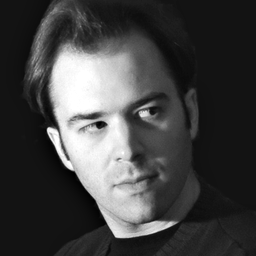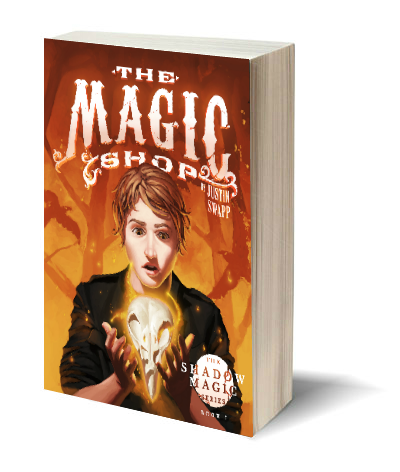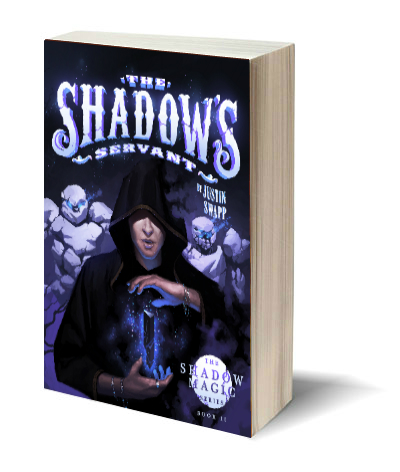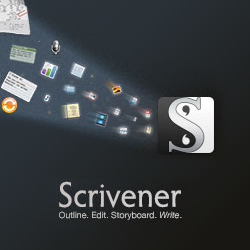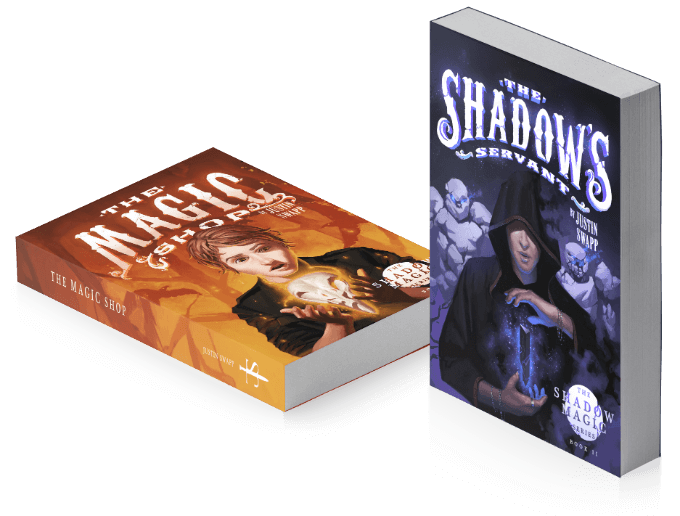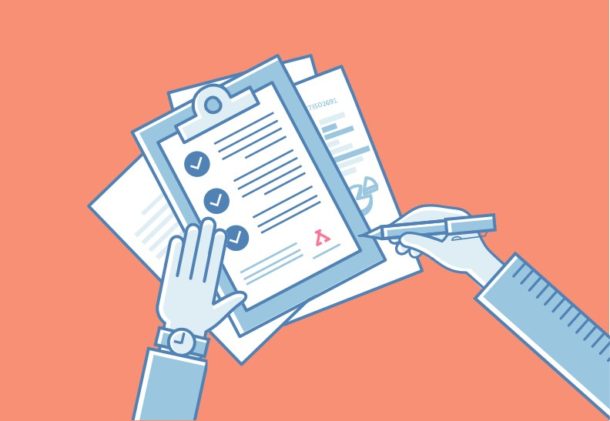The Magic Shop is out on audiobook format today for the first time! If you don’t have audible yet, you can click this link for an audible 30-day free trial and get The Magic Shop for free. If you want to check out an excerpt of the audiobook version of The Magic Shop, check out this post.
Equally awesome news is that the wonderful Steve Barnes (narrator of The Codex) is back to narrate the cast of crazy characters for The Magic Shop. I recently caught up with Steve to ask him a few questions about narrating books, and the process he goes through to bring them to life.
Tell us a little bit about yourself?
I feel incomparably lucky to have existed this long without having been eaten by anything yet. (On the whole, that’s an unusual privilege.) On top of that, there’s interacting with goats, and looking at stars, the Internet, and built-in imaginations, for God’s sake – it’s absolutely incredible. Um… you’d think that might not be specific to me, but feeling as though I’ve apprehended the situation in that way probably is the jumping-off point for my choices in life.
What was the inspiration behind becoming a voice actor?
I’m relatively new to published voice work – I’ve spent a lot of time working on music, art, stage shows, films, web pages, games… all of which function as gateways to allow someone to swim around in the imagination of someone else. (And: oh hai, VR.)
I probably received the inspiration for audiobooks specifically through other performers. I remember planning to record a Terry Pratchett novel or something just for fun before Audible existed. I love the format itself because it combines an actual performance with intimacy and virtually limitless leisureliness which film versions of books can’t afford. (In a way, one of my favourite films is that ages-long episodic adaptation of Pride and Prejudice with Colin Firth simply because it seemed designed on the principle that it should match the book detail-for-detail; it evidently treats the author’s words as the truth about the universe rather than some kind of malleable brainstorm, which I think is how it should be. If an author says something happened, then it happened – it doesn’t even matter whether it makes sense.)
Can you tell us a little bit about the process of narration? What does your recording setup look like (what kind of mic, audio software, etc.) and where is it located?
I’ve been asked by curious people whether equipment is prohibitive, and it’s not. As with most things audiovisual, reaching a technical quality of 90% of professional requires a little money, but approaching 100% requires a lot. And it’s better to skillfully use okay equipment than to unskillfully use great equipment. I’ve tried a few mics for narration, and I’m just using a sub-$100 cardiod mic at home – again, this has mostly been something I’ve done in my spare time for fun. I hear narrators often experiment with crannies and closets to optimize their recording conditions.
What has been your favorite book to narrate?
I’m not sure I can pick one. I’ll always have a place in my heart for Michael Wallace’s Starship Blackbeard universe – a sort of futuristic British Empire world with a colourful mixture of regular and transitory human and alien characters.
Any funny or interesting things happen while recording?
Perhaps funny to bystanders if they saw how stifling, haphazard and bizarre the internal journey can be – improving within countless hours of recording sessions feels robust and gruelling. It’s amazing how quickly you become aware of your own idiosyncratic speech habits, and how many of them you discover up and down a seeming hierarchy of subtlety. And since it all happens in isolation, it’s possible (and useful if done wisely) to become obsessive in examinating and updating them. I’ve never done a novel without having felt like I’ve improved, and the “improvements” are usually the ticking-off of another handful of such subtleties. Not to mention your awareness of external noises – I’ve never felt so much like anthropomorphizing the neighbour’s faucet or passing internal combusion engines just so I could momentarily be angry at them. As though we needed another reason to applaud renewable energy.
How do you get into a book/story?
Occasionally time has only allowed me to sit down and cold-read – one perfectly respectable approach to narration is to read the text pleasantly and clearly with minimal interpretation – but I really prefer the chance to ingest a book, become a fan of it, envision the world, and most importantly, envision and empathize with the characters. In theatre, it’s rare not to spend weeks on just one role, so it seems almost jarring not to take time preparing to perform an entire book by an author you may just have met.
How do you prepare for all the different characters and their tones/vocal ranges, and/or do you have a “library” of voices that you’ve created that helps you match voices to characters?
Audible listeners seem to have adopted the term “character differentiation.” I’ve come to think of character voices as multi-dimensional things which vary along individual axes; the more aspects there are to vary, the more voices you can potentially create that a listener can distinguish. Suppose pitch is a basic one – a listener can tell a higher voice from a lower voice, all other traits equal. But if there are three or four characters, not so easily. That calls for another attribute along a second axis – high-pitched and gentle, low-pitched and gentle, and low-pitched and irritable. And so on, until you’re able to be as specific as “low-pitched, frontal, somewhat nasal, irritable, hurried and articulate.”
And even that’s pretty technical compared to the ideal of just feeling like you “know” a character, which for me sometimes happens over the course of a few chapters. (Sometimes I’ve re-recorded certain characters’ earlier chapters for that reason.) And that’s not even to mention regional dialects, which add another distinct dimension when appropriate.
What’s the best piece of voice acting advice you’ve received?
I’ve seldom sought acting advice, except maybe to listen to what the narrators I consider models say when they talk about it. (Though I’ve worked with hundreds of interesting actors.) I think that’s because I’ve done so many kinds of things previously that I’ve concluded the only real mistake you can make is to forget your own whimsy is the main ingredient. Anyone relying overly on advice could forget that.
If you could choose any book to record, which one would it be? And which would be your worst nightmare?
Maybe a hypothetical book written by one of my closest friends, all of whom I think would be great authors. I’ve enjoyed projects least which feel like attempts to capitalize on readers through flashy marketing in lieu of substance, or which neglect conventions and aren’t well-edited.
Any other projects you’re working on now, or recently finished?
I’ve hardly ever taken a break since starting, so I’d suggest anyone genuinely curious just search Audible. Surprisingly, I’m still the only Steve Barnes narrating Audible releases – I don’t imagine that will last long. (I once had a phone invitation to speak at a convention on the understanding that I was Steven Barnes, the sci-fi author. Perhaps accepting it would have been a smart career move.)
There you have it. You can check out more of Steve’s voice work here if you’re interested! Don’t forget to check out The Magic Shop on audiobook here.


